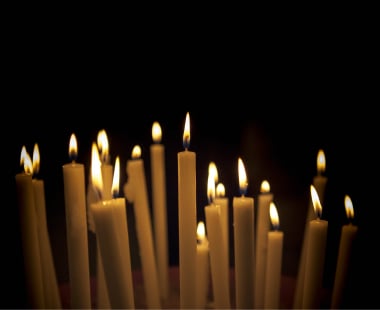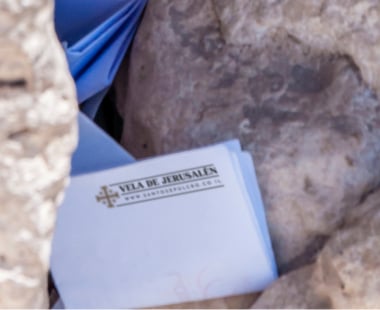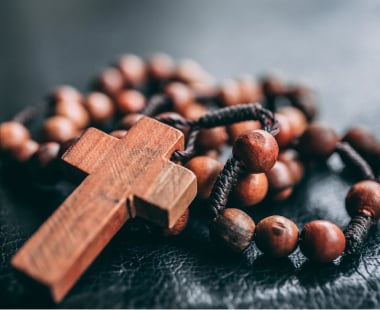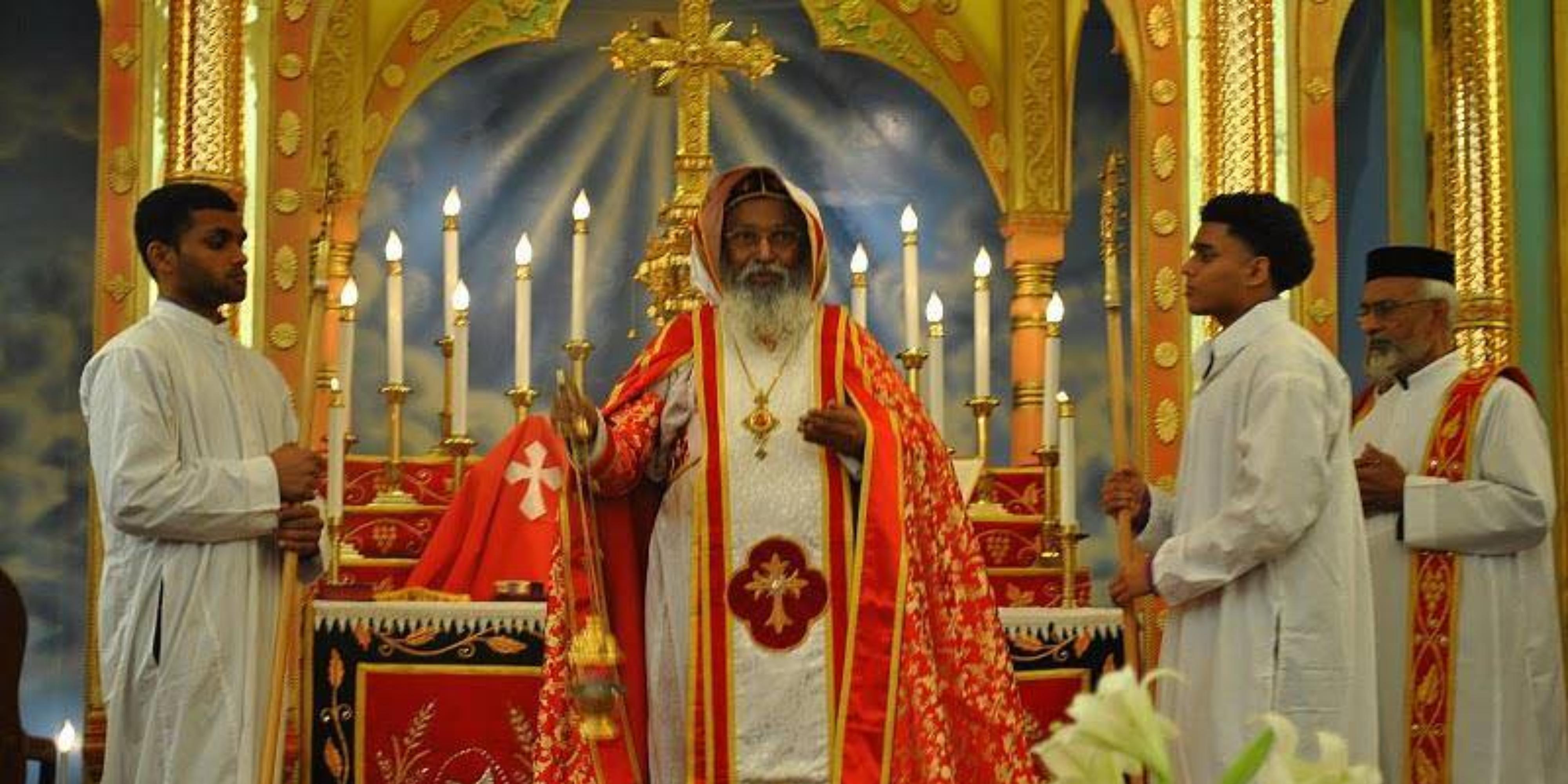The Russian Orthodox Church and the Malankara Church of India agreed on positions on a number of important issues at a meeting of a joint working group held in the city of Kottayam. The main directions of their common activity will remain the protection of traditional values and support of Christians undergoing persecution in different countries of the world.
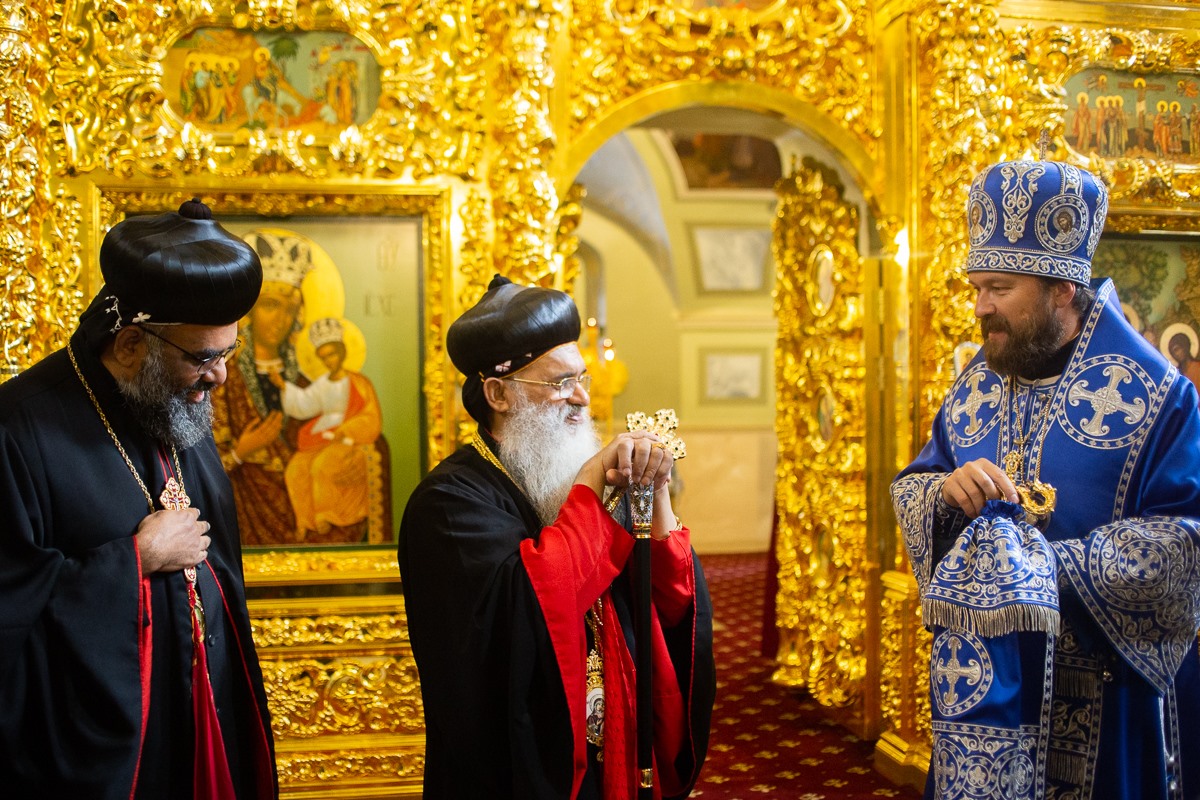
Dialogue between the Russian and Malankara churches continues at least since the nineteenth century - and now it is especially active. Last fall, Moscow hosted a meeting between Patriarch Kirill of Moscow and All Russia and Catholicos Vasily Mar Thomas Paul II. Then the primates of the two Christian churches discussed several issues - in particular, one of the most important among them concerned support for Christians in Ethiopia, whose church was under attack.
Let us recall that the Malankara Church is one of the ancient Eastern churches and dates back to the 1st century, when the Holy Apostle Thomas preached the truth of Christ in India. In southern India, the place of his burial is still revered - although the relics of the apostle were later transferred to Edessa, on the territory of modern Turkey.
